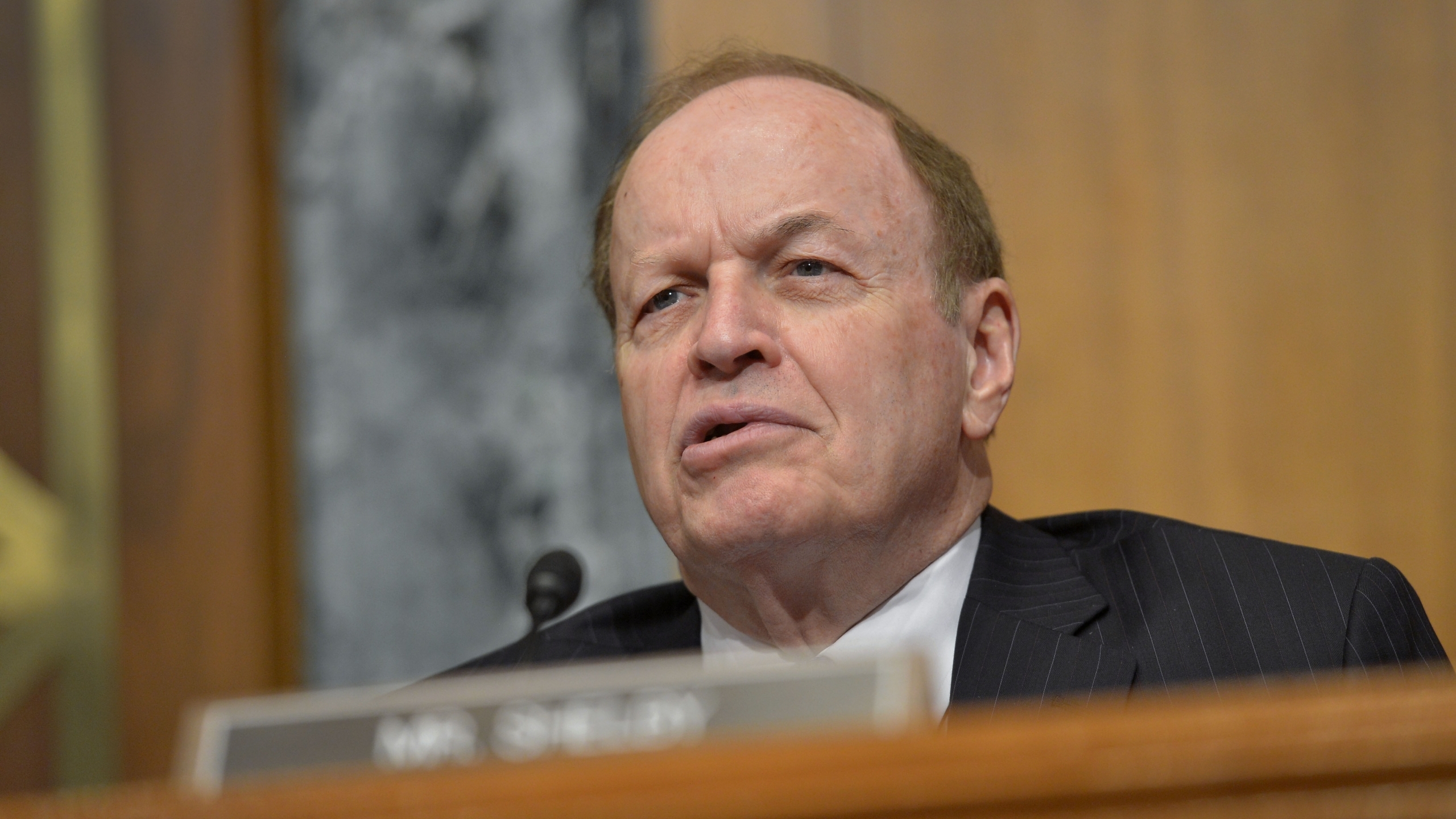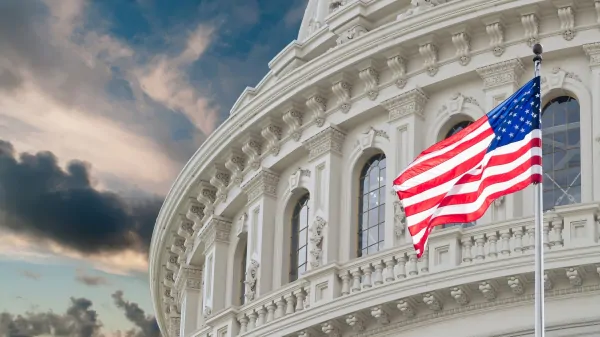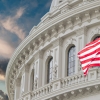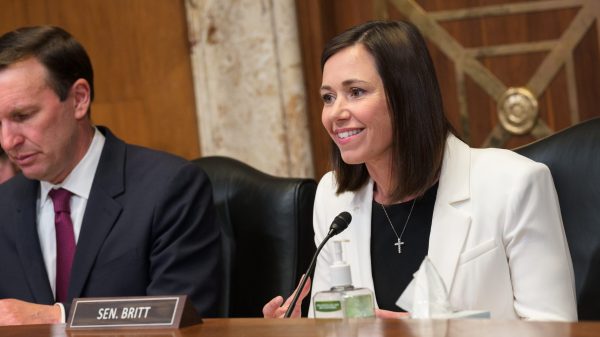Senator Richard Shelby, R-Alabama, had harsh criticism Monday for the spending bills released early in the day by Senate Democrats.
Those bills, totaling approximately $1.5 trillion, propose a 14 percent increase in non-defense spending over the last fiscal year and a 5 percent increase in national defense spending. Republicans say more spending is needed for the Pentagon.
Shelby, vice chairman of the Senate Committee on Appropriations, in a statement Monday called the bills a “significant step in the wrong direction.”
“This one-sided process has resulted in bills that spend in excess of the Democrats’ own budget resolution and fail to give equal consideration to our nation’s defense. Their bills are filled with poison pills and problematic authorizing provisions, and they remove important legacy riders on topics like terrorism, abortion, and immigration that for years have enjoyed broad support on both sides of the aisle,” Shelby said.
“A successful appropriations process rests on trust and bipartisan cooperation like we had in recent years under the Shelby/Leahy framework. Regrettably, we’re a long way from that now. If Democrats want full year appropriations bills, they must abandon their go-it-alone strategy and come to the table to negotiate. “
Among the items Shelby’s office in a statement expressed concern over was the proposal to return to the Treasury almost $2 billion in border wall funding.
“These bills demonstrate how we can make smart investments on behalf of the American people within the topline approved by Congress, and I hope will help advance the process,” Senate Appropriations Committee Chairman Patrick Leahy, D-Vermont, said in a statement.
The bills would double the funding, to $16.6 billion increase over last fiscal year, for Title 1-A grants to local public schools, boost child care grants by 23 percent and a 51 percent increase to the Substance Abuse and Mental Health Services Administration.
The bills also include an 84 percent increase in funding to strengthen police-community relations, including grants for training, de-escalation, implicit bias and crisis intervention.



















































